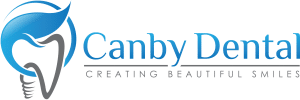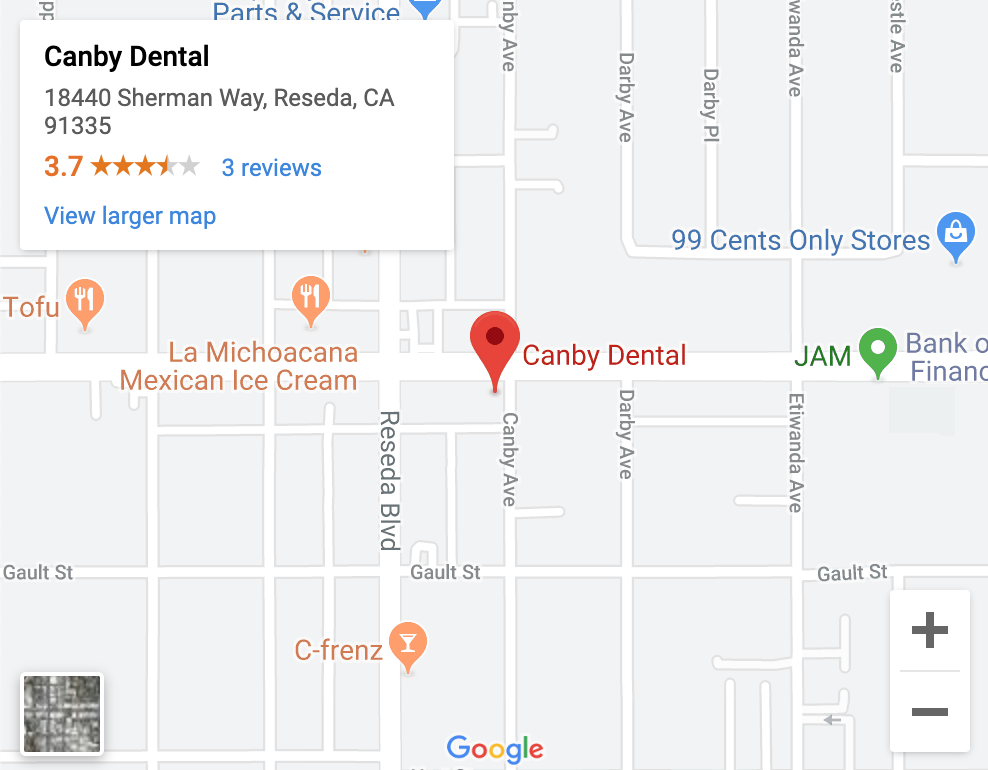5 Things You Need to Know About Preventive Dentistry
Nobody likes dealing with dental health issues such as gum disease and tooth decay, but the good news is that many dental issues are highly preventable. In the past, it was commonplace for most dental patients to wind up wearing dentures at some point past the age of 65, but more and more people are hanging on to their natural teeth throughout the entire course of their lifetime, and that’s largely due to preventive dentistry strategies. Here’s what you need to know:
Preventive Dentistry Starts With Good Oral Hygiene
Nothing beats a good routine of brushing and flossing on a regular basis to keep teeth and gums healthy. Although it may be tempting to skimp on oral hygiene, it’s best to brush and floss twice per day without fail. Soft-bristled brushes with small heads work best, and you should make sure to brush for at least two minutes using fluoride toothpaste. After you floss, finish off your oral hygiene routine with an antibacterial mouthwash.
Rinsing out your mouth thoroughly with clean water is recommended for after lunch or after any snacks that you may enjoy during the middle of the day. Using a straw for sugary beverage consumption is a good idea because it keeps the beverages from coming into contact with the surface of your teeth.
A growing number of patients are experiencing success with oral irrigation systems designed for home use. If this sounds like something you’d be interested in, ask your dentist if they’re a good option for you.
Regular Dental Checkups Are a Must
Your dentist can often detect emerging dental health issues during the course of a routine dental exam, which will make them easier and less expensive to treat. In some cases, such as early-stage gum disease, can actually be reversed with the right treatment provided it’s caught in time. As a part of the checkup, the dentist or a hygienist will perform a thorough tooth cleaning procedure designed to remove any residual plaque buildup that normal brushing and flossing may leave behind.
Please don’t hesitate to reach out to our office at your convenience to schedule an appointment or to find out more about maximizing your dental health by practicing preventive strategies.








Leave a Reply
Want to join the discussion?Feel free to contribute!